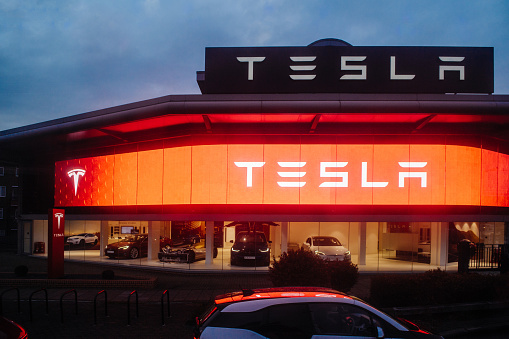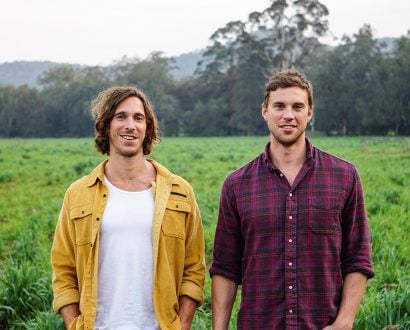Since the launch of the Roadster in 2008, American entrepreneur Elon Musk’s Tesla has become a real player in the automotive industry. Characterised by branding and marketing as sleek as the design of its cars, Tesla has managed to earn the envy and respect of the world’s major car makers despite a small product range.
The Model S was a phenomenal success and it hasn’t taken long for Musk to bring a more affordable model to market with the Model 3 being released this year. Tesla is forging a new future for the automotive industry and there’s a lot that small and medium-sized businesses can learn from it.
Firm Pricing
Businesses big and small could learn a lot from Tesla’s pricing methods. If you want a Tesla then you best be prepared to pay the asking price. Tesla focuses on the value of its cars and what they are worth to their customers. Not only are they practical, environmentally friendly and attractive, Tesla cars are fashion and lifestyle statements. As such, Tesla has a ‘no negotiation, no discount’ policy.
By standing by its prices, like Apple, the company is sending out a statement that its products represent value commensurate with the quality. Offering discounts too readily to make sales can be counterintuitive by giving the impression that what you are offering isn’t worth what you originally asked for.
Exclusivity
Tesla has played with experimental marketing tactics around building a sense of exclusivity. For example, Musk refuses point-blank to allow his cars to be sold through dealerships, preferring to sell online or through boutique showrooms in prime locations. This often means that customers can look at Tesla cars and sit in them but they can’t drive them, which adds to their mystique and allure.
It is this allure that provides the blueprint for other businesses. By slowing down the sales process and adding a next step, businesses can create an experience that makes customers want a product more.
Tesla also pushes the exclusivity angle with waiting lists. Requiring customers to wait for their product drives home the aura of exclusivity and quality worth waiting for. In fact, more than 300,000 people will have waited for almost two years by the time they receive their Model 3.
Endorsements
Musk is a celebrity in his own right but his cars benefit from a slew of global stars plugging them – not through traditional ads but by being proud owners of a Tesla. Celebrity endorsement will boost the profile of any product but it’s unlikely that a small business will be fortunate enough to bag a famous advocate.
However, not all endorsers have to be world famous. A popular marketing technique nowadays is to use social media influencers to build a brand’s following. Gaining the endorsement of a trusted reviewer or social media influencer could have a similar impact.
Customer Support
Tesla’s follow-up service puts most businesses to shame and it is that ongoing support – the kind that lasts long after you’ve made a purchase – that makes Tesla shine, and buffs the exclusiveness of their cars.
Tesla keeps in regular contact with its clients for car maintenance, recalls, check-ups and more. It goes above and beyond, and owners feel like they get more than they paid for, which creates loyal customers, repeat business and free advocates.
Everything from the industry awards and accolades to the sales history of Tesla suggests it has got its business model right. There’s a lot we can learn from Tesla – from its inception to the present day – but if businesses are to take just a few cues from Musk’s automotive vision, it should be: creating value through fair, firm pricing; being unafraid to ask customers to wait; offering excellent support; and getting your brand’s message amplified through influential endorsers.





